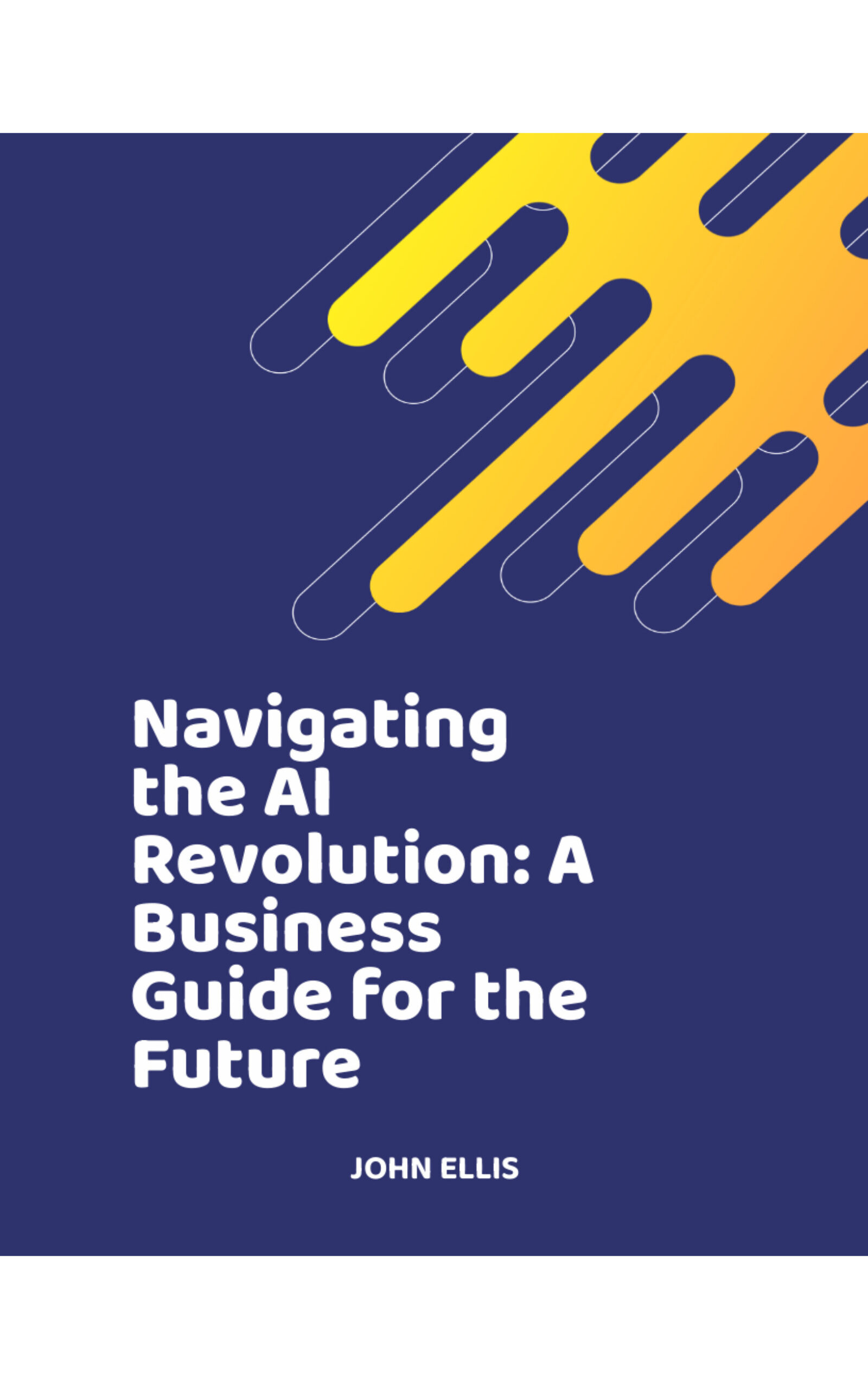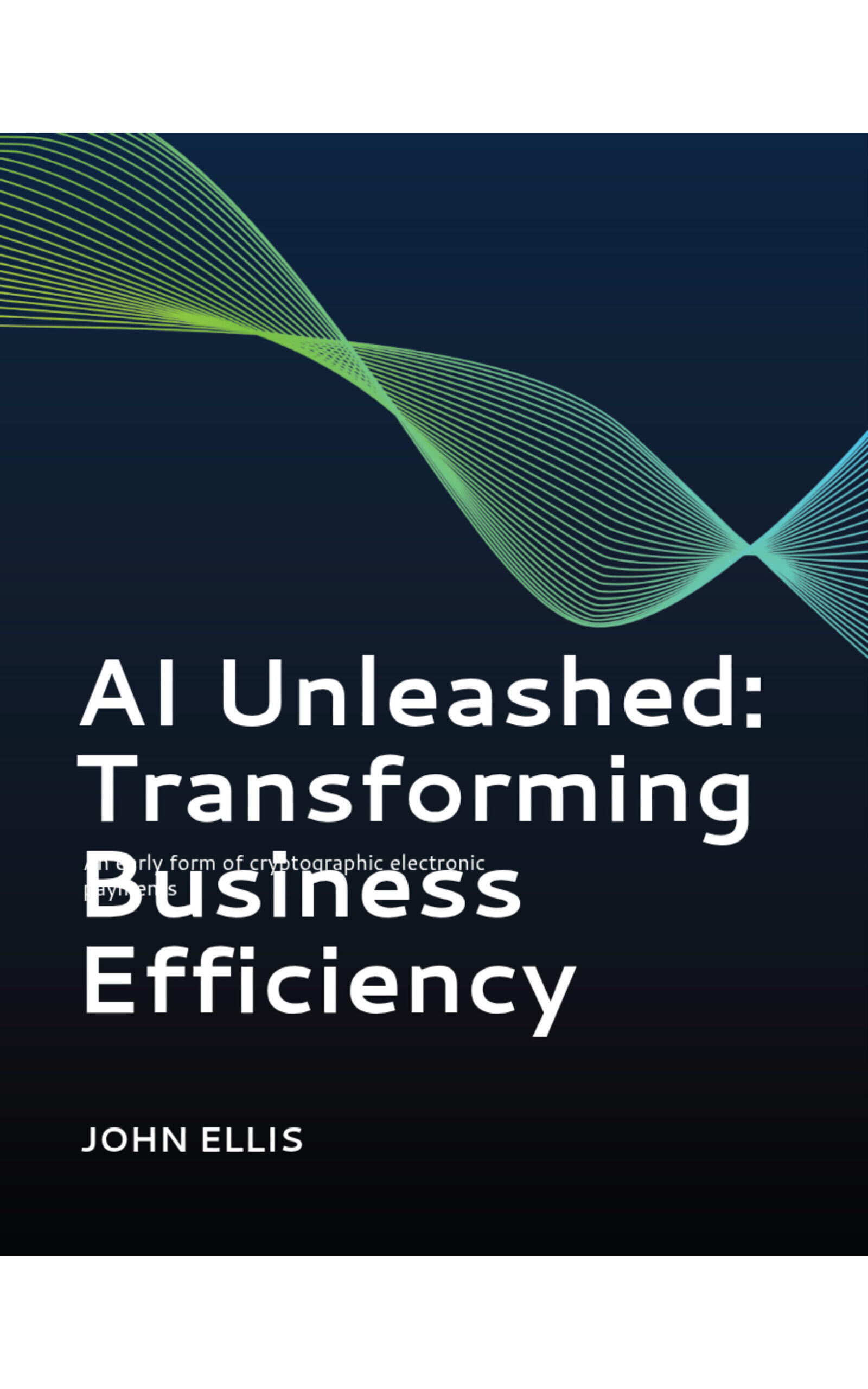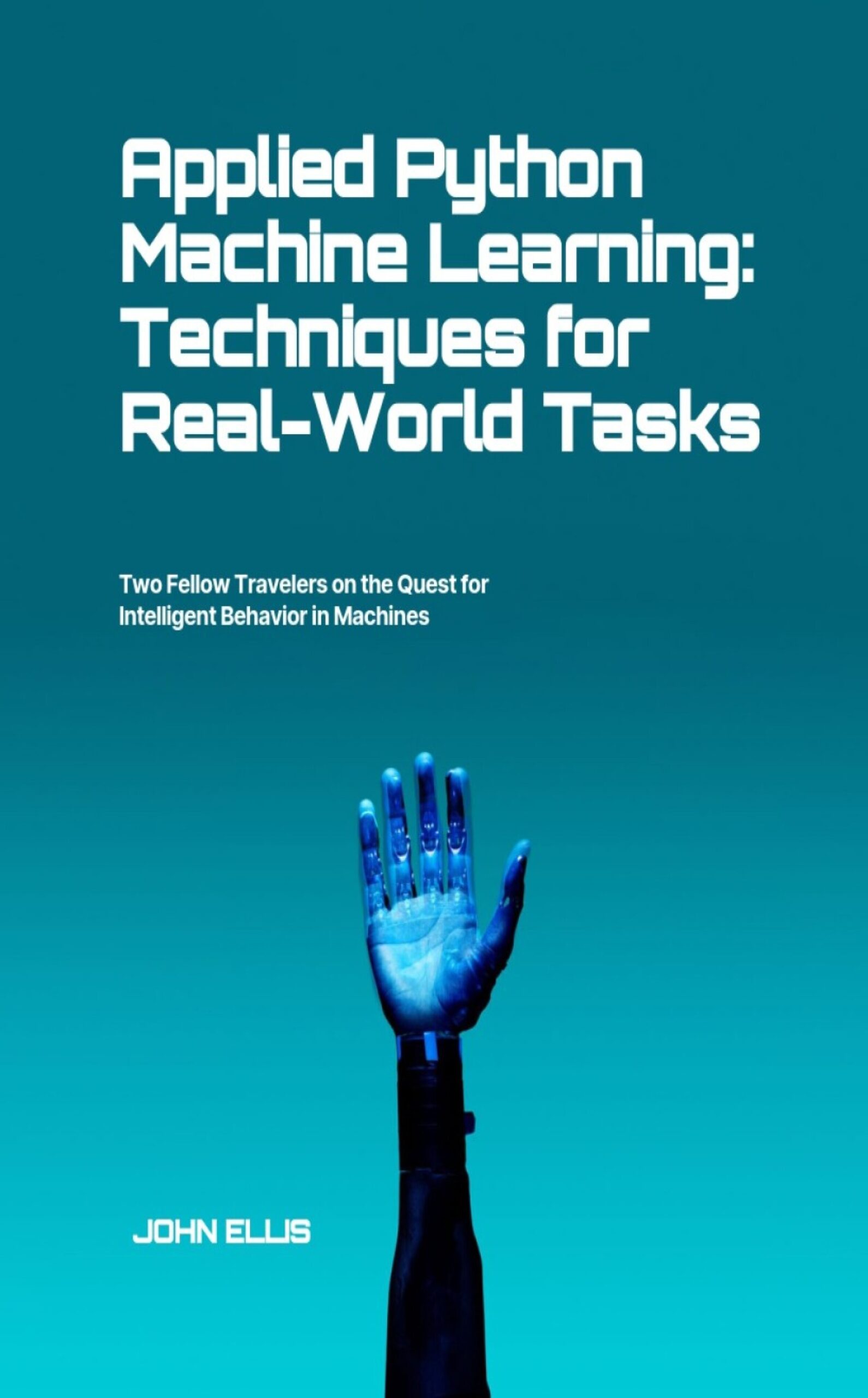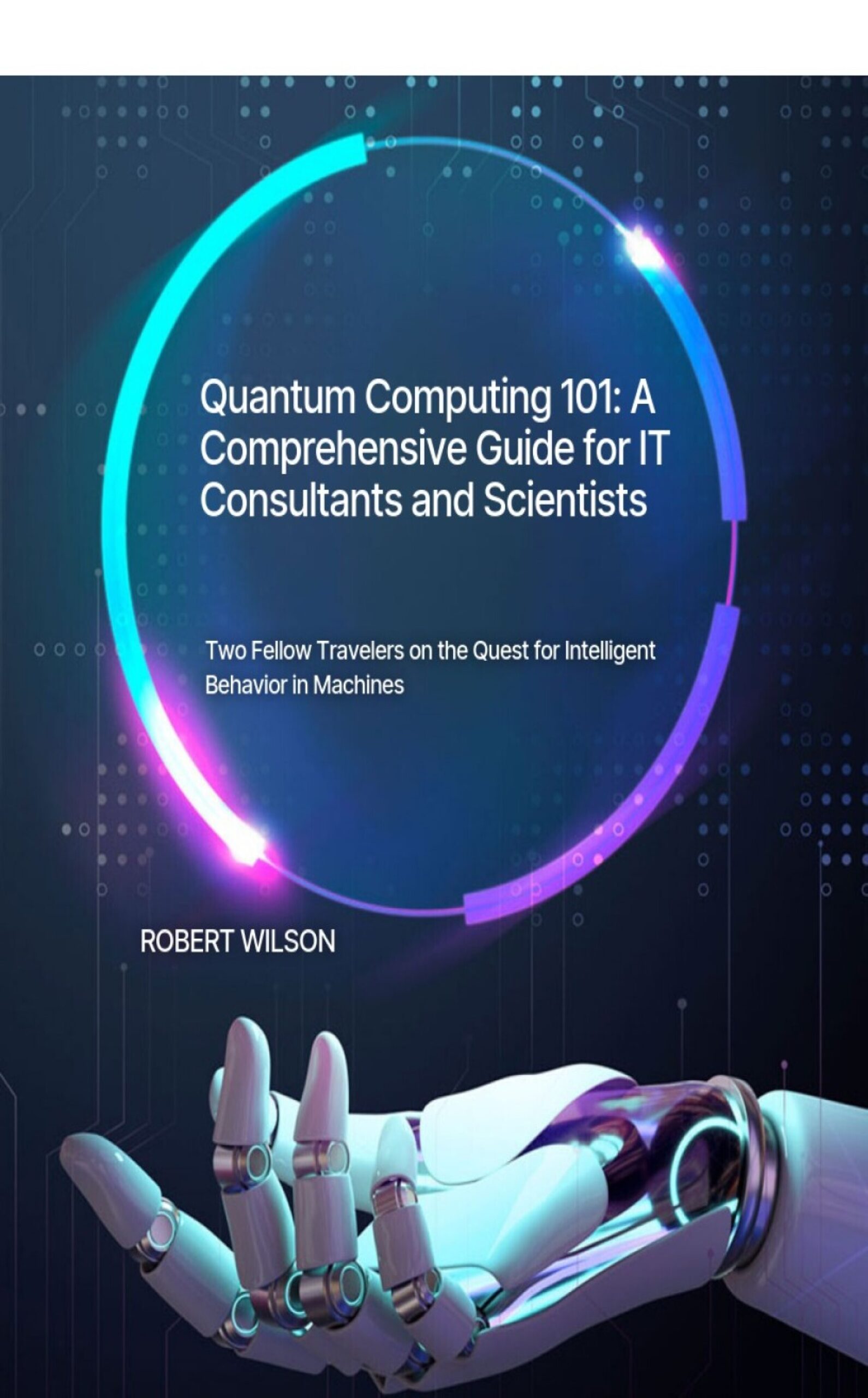 |  | https://www.amazon.com/dp/B0DX2HG2TD |
| Ransomware is a type of malicious software that encrypts the files on a victim’s computer and demands payment for the decryption key. It is one of the most prevalent cybersecurity threats facing organizations today. Ransomware attacks can have devastating consequences, ranging from financial loss to reputational damage. As IT Techs and programmers, it is crucial to have a thorough understanding of ransomware and how to protect against it. | Cybersecurity is a critical aspect of modern business and personal life. It involves the protection of digital data and systems from unauthorized access, cyber-attacks, and data breaches. Understanding cybersecurity fundamentals is essential for anyone who uses digital devices, accesses the internet, or handles sensitive information. | Artificial Intelligence (AI) is a broad field that encompasses a variety of technologies and methodologies designed to simulate human-like cognitive functions. At its core, AI refers to systems or machines that can perform tasks typically requiring human intelligence, such as visual perception, speech recognition, decision-making, and language translation. The definition of AI continues to evolve as advancements in technology occur, but it fundamentally revolves around the ability of machines to learn from data, adapt to new inputs, and perform tasks autonomously. |
 | ||
| Artificial Intelligence (AI) refers to the simulation of human intelligence processes by machines, particularly computer systems. These processes include learning, reasoning, problem-solving, perception, and language understanding. AI can be categorized into two main types: narrow AI, which is designed to perform a specific task, and general AI, which possesses the ability to understand, learn, and apply knowledge across a wide range of tasks. In a business context, the focus is primarily on narrow AI, as it enables organizations to automate routine tasks, enhance decision-making, and improve overall efficiency. |


